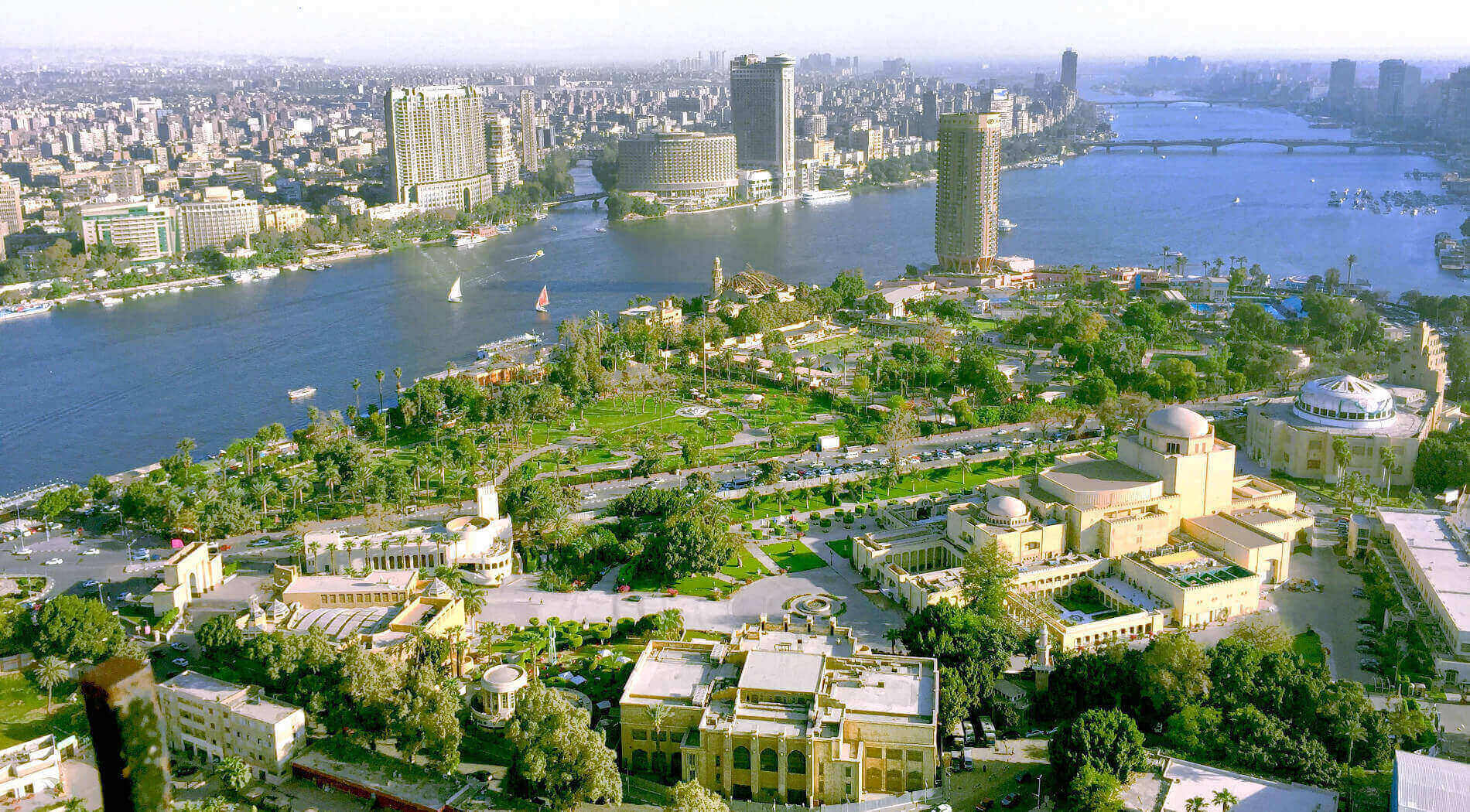Egypt jumps up to 66th place on Yale’s 2018 Environmental Performance Index (EPI) out of 180 countries, almost 40 point up from ranking 104th place in the previous year. While Egypt is often criticized for its high air pollution as a result of its growing population, high gas emissions and lack of environmentally sustainable solutions, the country ranked 32nd place in terms of air quality compared to the global standards. According to the World Health Organization (WHO), the main causes for air pollution are by “the natural or human-caused release of harmful contaminants into the atmosphere.” However, despite ranking pretty high in air quality, Egypt still ranked 99th place in terms of air pollution. The indicators for air pollution are based on nitrogen oxides and sulfer oxides. According to the Yale’s EPI, “air pollutants negatively affect ecosystem integrity and function. Both sulfur oxides (SOX) and nitrogen oxides (NOX) can cause acidification, which can degrade soil and water quality.” In late August of last year, Forbes released an article on a report done by The Eco Experts saying that Cairo is one of the most polluted cities in the world. The data was…
As the Country Works Towards a Sustainable Environment, Egypt Ranks 66th Place in Yale’s EPI
January 30, 2019



